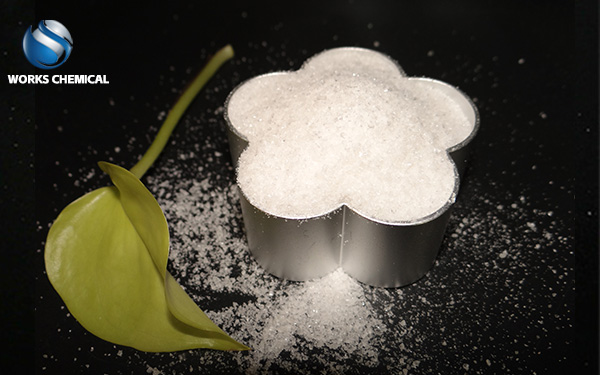
In the selection of sludge efficient dehydrating agents on the market, the following factors can be considered, and refer to the relevant figures and information in the article to make decisions:

1. Sludge characteristics
Organic content: For sludge with high organic content, the more effective flocculant is cationic. The higher the organic content, the higher the degree of polymerization should be.
Sludge properties: Scum and residual activated sludge are difficult to dehydrate, and the dewatering performance of mixed sludge is between the two. The more difficult the sludge dewatering is, the greater the amount of flocculant usually required.
2. Types and characteristics of dehydrating agents
Polyacrylamide (PAM) :
Advantages: Efficient, fast, safe, non-toxic, with excellent flocculation and condensation properties.
Cons: Relatively high price.
Recommended concentration: The concentration of organic polymer regulator is 0.05 ~ 0.1.
Polyaluminum chloride (PAC) :
Advantages: Relatively low price, with a wide range of coagulation effect.
Disadvantages: Large usage, requires a higher dosage.
Recommended concentration: The concentration of aluminum salt is 4 to 5.
Polyferric sulfate (PFs) :
Advantages: High efficiency, low cost, with a wide range of coagulation effects.
Disadvantages: May cause corrosion to the equipment.
Usage: Relatively small.
Biological enzyme preparations:
Advantages: High efficiency, environmental protection, safety.
Cons: Relatively high price.
Organic polymer:
Advantages: Efficient, fast and secure.
Cons: Relatively high price.
3. Dehydrating agent concentration
The concentration of flocculant not only affects the conditioning effect, but also affects the consumption of chemical agents in the sludge dewatering machine and the yield of mud cake. In general, the lower the concentration of organic polymer flocculants, the less the amount of agents, the better the conditioning effect. But too high or too low concentration may reduce the yield of mud cake.
4. Costs and economic benefits
Considering the price of dehydrating agent, addition amount, treatment effect and subsequent treatment cost, the economic benefit is evaluated comprehensively.
5. Supplier reputation and technical support
Select reputable suppliers to ensure product quality and stability. At the same time, consider the technical support and after-sales service provided by the supplier.
6. Safety and environmental protection
Ensure that the selected dehydrant is safe and harmless during use and meets environmental requirements.
7. Laboratory test and field application
Conduct laboratory tests to verify the effectiveness and suitability of the dehydrant before purchase. At the same time, consider conducting practical application tests in the field to evaluate its performance in actual operation.
To sum up, the selection of sludge dehydrating agent needs to consider sludge characteristics, dehydrating agent type and characteristics, dehydrating agent concentration, cost and economic benefits, supplier reputation and technical support, safety and environmental protection, laboratory testing and field application and other factors. Through comprehensive consideration of these factors, you can choose the most suitable for their own needs of sludge dehydrating agent.